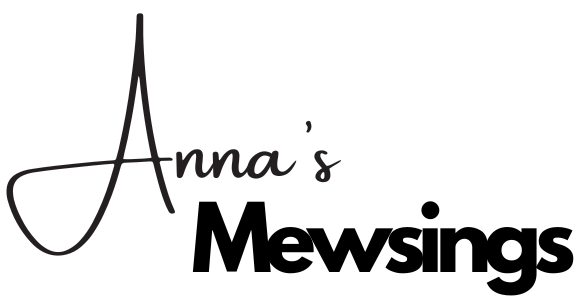COURAGE: Is it a personal matter?

Courage is being scared to death… and saddling up anyway.
John Wayne
Somewhere in my head is a possibly apocryphal story of a candidate sitting for a final philosophy examination. The question was, ‘What is courage?’ For a long moment, the student looked at the question, then wrote on the paper the words, ‘This is.’ And left the room.
I have a rush of fellow feeling for that student – even making the smallest attempt to write about courage could be considered either courageous or foolish depending on your point of view! There are so many kinds of courage, so many ways to be courageous and so many levels to plumb. By its nature, it seems to be a subjective judgement that one person, or a group, makes on another’s actions, attitude or behaviour. How do we really know what’s courageous?
Mark Twain said: ‘It is curious that physical courage should be so common in the world and moral courage so rare.’ It’s certainly easier to identify physical courage. It’s not only recognisable but it’s universally recognised. Nobody is going to suggest that the soldier who routinely defuses bombs, the fireman who races into burning buildings or the man who plunges into an icy sea to rescue a stranger’s child is anything but courageous. These are clear acts of courage; deeds whose aim is to save one life, whilst putting another at risk. The risk of course is injury or even the ultimate one – that of death itself.

Moral courage is much more difficult to assess. But like physical courage, there are recognisable examples: the whistle blower who speaks out about malpractice in his company, the government official who reveals an unpalatable truth, the teacher who discovers falsified examination results, and the woman who names her boss for sexual assault. These all require individuals to be armed with a hefty dose of putting-your-money-where-your-mouth-is. Especially as the consequences of their honesty can incur public rage – not only against the bad deeds but also those who revealed them. Alas, the human tendency to shoot the messenger has never been quite erased.
But there’s also the powerful mixture of both physical and moral courage displayed by brave souls who face a debilitating and often terminal illness with cheerful acceptance. And indeed, the courage and fortitude of those who care for them. Or what about those equally brave souls, who carry a burden of disfigurement that makes stepping outside the front door an act of heroism? They’re also witnesses to courage. Or who’s never had to brace themselves to confess some deed or other, knowing they must face the anger,displeasure or intense disappointment of a partner, friend or close family member?

So be it moral or physical, or both combined in one sterling individual there’s an outer and visible face of courage most of us can acknowledge and praise. But what about the unseen face? Bravery, after all, comes in many guises, some of them so hidden and personal that it’s almost impossible to see or guess where it lies. Over the years, whenever I’ve listened to people tell me about something they found a constant challenge, it was almost impossible to predict what it could be that they had to overcome.
From heights and flying, to dentists and doctors, enclosed spaces, open spaces, any member of the animal or insect species and any variation on things that go bang in the dark of night – courage can be required in infinite ways. Whether matters have reached phobia-like proportions or whether they might demand a daily dose of stiffening the sinews and carrying on, the need for courage is there. For those who are scared of speaking on the phone, meeting a person with red hair, walking on tarmac….whatever it might be, how can you always know what others face? Personally, one of my demands for deep breathing still involves having to drive in a very large, unfamiliar city in torrential rain, at rush hour, GPS notwithstanding!

I’ve now come to the conclusion that everybody is courageous because, everybody has to face – on varying days, in varying places, and at varying stages in their life – something that requires a brave approach. Nobody as far as I can discover is exempt. I suspect the Philadelphia reporter Franklin P Jones was right when he said, ‘Bravery is being the only one who knows you’re afraid.’




Comments ()